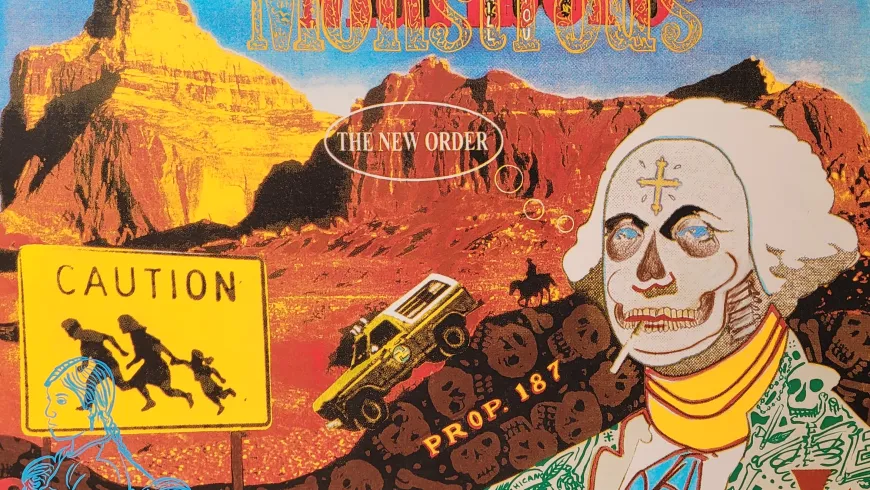Number 17
Latinx Performance in the 21st Century

Gentefied is a comedy-drama series created by Marwin Lemus and Linda Yvette Chávez originally released on Netflix in February 2020. The series, composed of 18 episodes across two seasons two seasons, depicts the life in Boyle Heights, a Latinx neighborhood in LA that struggles with the forces of gentrification and the immigrant policies of the US government. The TV show portrays how the inhabitants of Boyle Heights deal not only with the outer forces previous mentioned, but also with internal issues of their own community: machismo, homophobia, assimilation and resistance to the dominant culture, and their border identity. Women play a leading role in the narrative of the series. Gloria Anzaldúa used the term “deslenguada” in her seminal work “Borderlands/La Frontera” (1987) to refer to herself and to the fact that, despite living in a system that taught women not to raise their voice and to submit to norms that could even bring violence on them, she was determined not to be silenced. Anzaldúa called on Chicanas and other Latinas to claim their own space within the culture, a goal that women in Gentefied take very seriously. Ana as a Chicana lesbian artist, Yessika as a Dominican-American activist, also a lesbian, Lidia as a highly-educated Chicana heterosexual woman determined to pursue a career in Academics despite being facing single motherhood, Bianca, an immigrant Mexican mother working in a maquiladora to provide for her daughters, and finally Nayeli, representing a future where hopefully diversity does not need to be reclaimed. Construction of identity, therefore, plays a central role in the narrative of the show: femininity, heterosexuality and lesbianism, being an immigrant, being a Latina born in the US, and ultimately becoming a feminist. This article analyzes the representation of female subjectivities in the series, and intends to show how these women embody the theories developed by Gloria Anzaldúa, Cherrie Moraga and María Lugones, key thinkers of the Chicana movement, Third World and decolonial feminism. The female protagonists expose that there is not a monolithic way of being Latina, but rather multiple “latinidades” that can be built upon discourses that present common features. Bilingualism is used as a main tool to represent the hybrid identity of the protagonists whose natural mother-tongue is the code-switching between English and Spanish.
We also use analytics & advertising services. You can expand the information by clicking on More information.